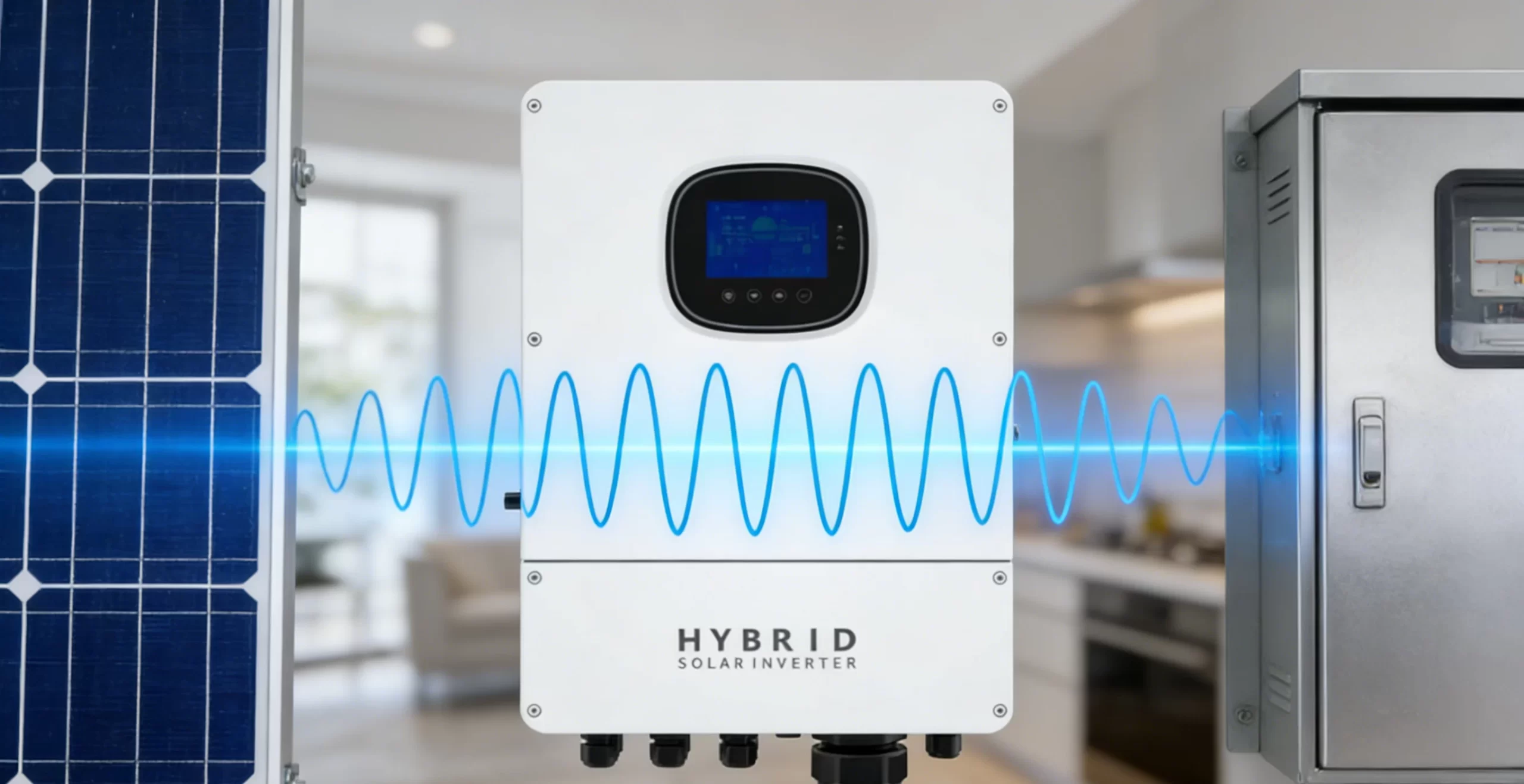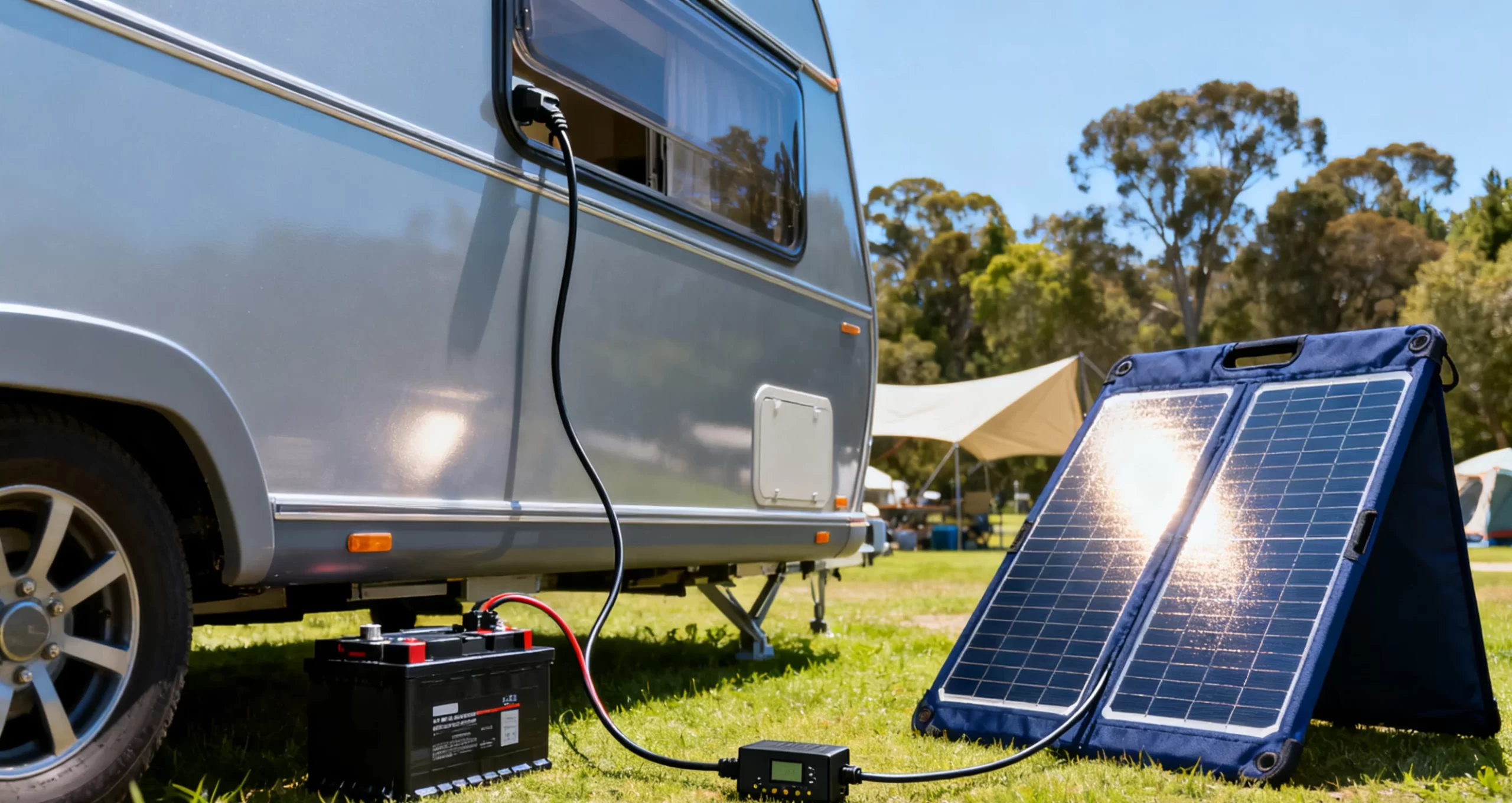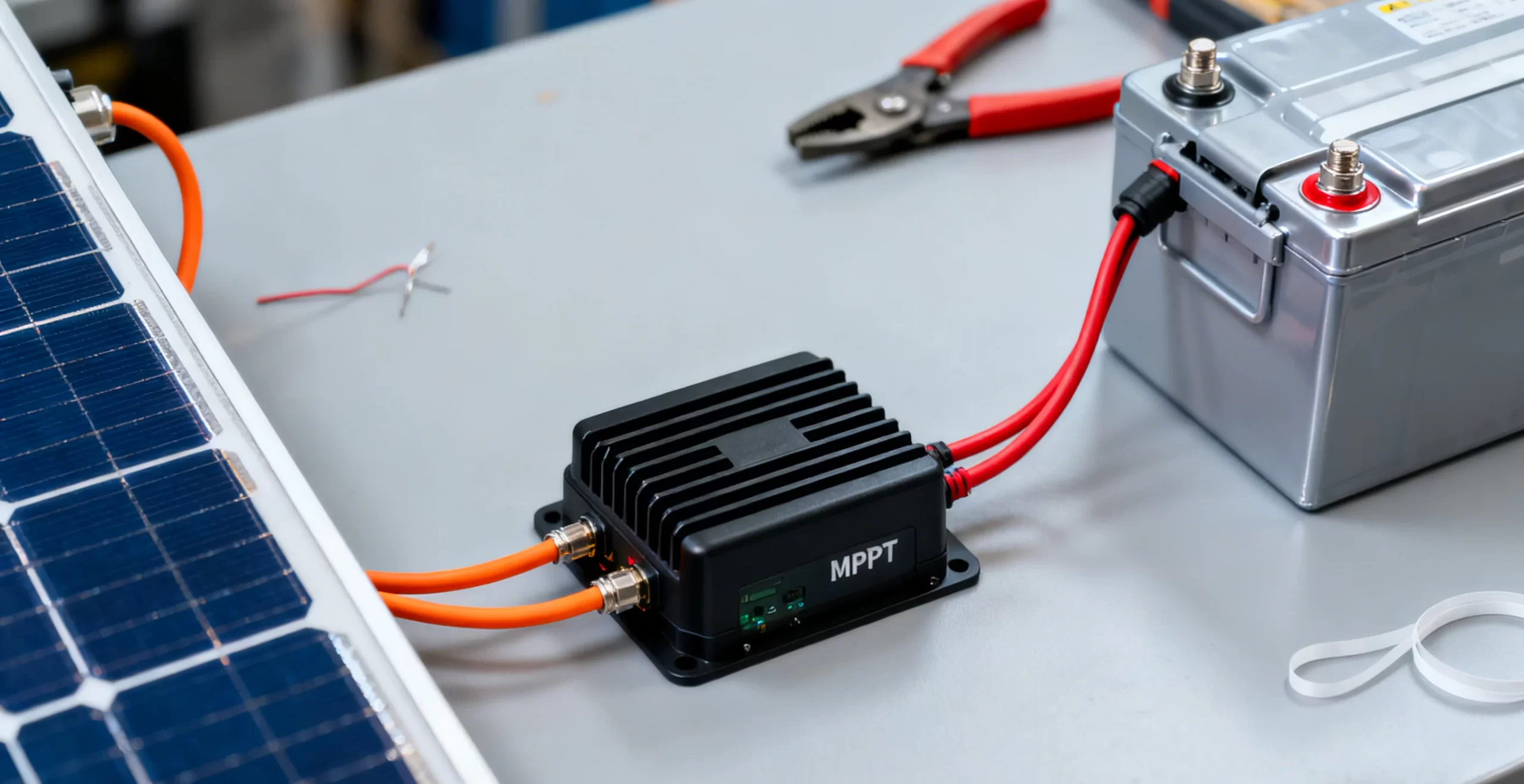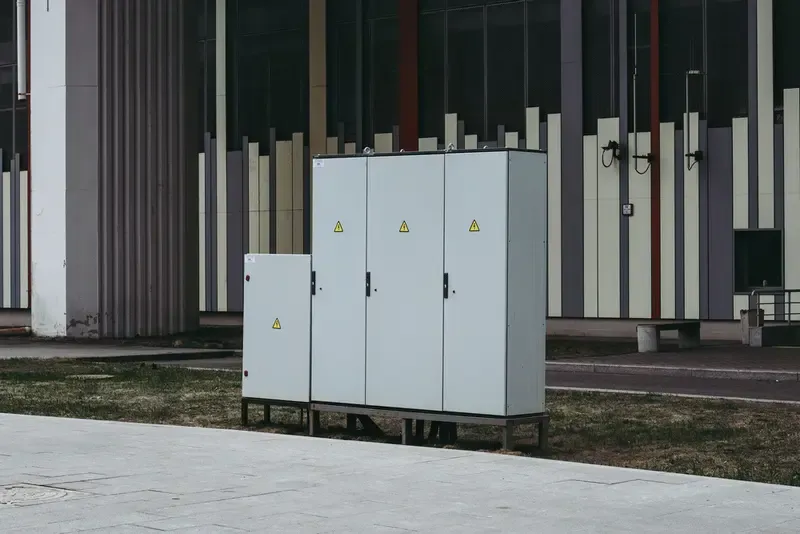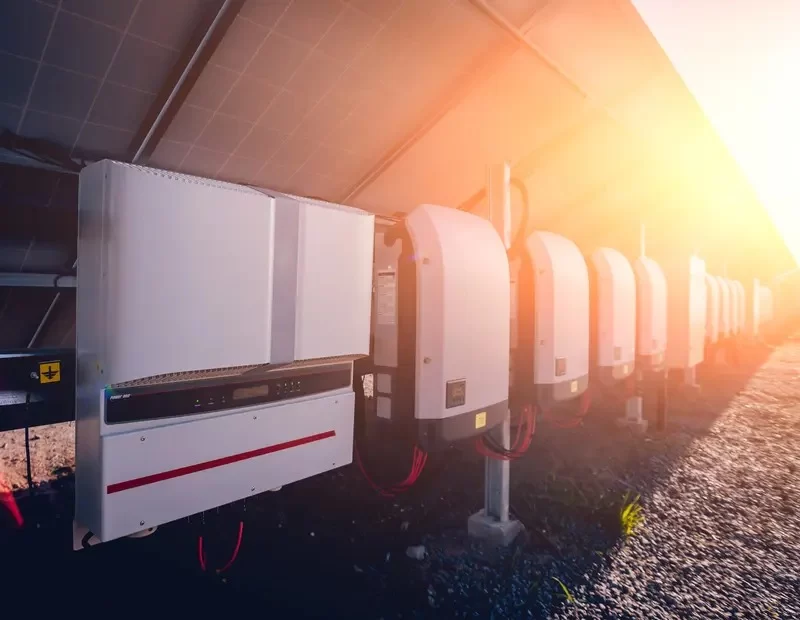- tel:+86-13651638099
- Email: [email protected]
- Official website: www.hj-net.com
- Address: 333 Fengcun Road, Fengxian District, Shanghai
Get A Quote Now!
Differences and Applications of Off-Grid Inverters, Hybrid Inverters, and All-in-One Inverters
In modern energy management, inverters play a critical role in converting direct current (DC) from solar panels into alternating current (AC) for home and business use. This article explores the differences and applications of off-grid inverters, hybrid inverters, and all-in-one inverters.

Off-Grid Inverter
Definition and Basic Functions
An off-grid inverter is designed for energy systems that operate independently from the power grid. It converts DC electricity from solar panels or batteries into AC electricity, which is then used to power electrical devices.Applications
Off-grid inverters are ideal for remote areas, outdoor facilities, vacation homes, and other locations without grid access. They provide a reliable power source where traditional grid connections are unavailable.Advantages
– Complete energy independence: Off-grid inverters allow for total self-sufficiency in power generation. – Ideal for remote locations: They are perfect for areas without grid access, ensuring continuous power supply.Disadvantages
– High dependency on battery systems: Off-grid systems rely heavily on batteries, which can be expensive. – Potential power shortages: Inadequate energy sources can lead to insufficient power supply during low production periods.Hybrid Inverter
Definition and Basic Functions
A hybrid inverter combines the features of both grid-tied and off-grid systems. It manages power from solar panels, battery storage, and the grid simultaneously, optimizing energy use based on demand and availability.Applications
Hybrid inverters are suitable for homes and commercial buildings that require reliable power supply. They are also used in small industrial facilities and locations needing both grid connection and backup power.Advantages
– High flexibility: Hybrid inverters can function both with and without grid power, ensuring continuous operation. – Seamless power management: They provide smooth transitions between different power sources, enhancing reliability.Disadvantages
– High cost and complex installation: Hybrid inverters are more expensive and require professional installation. – Complex configuration: They need detailed setup and maintenance to ensure optimal performance.All-in-One Inverter
Definition and Basic Functions
An all-in-one inverter, also known as an inverter with battery, integrates the inverter and battery management system into a single device. It provides comprehensive functionalities including inversion, charging, and discharging.Applications
All-in-one inverters are perfect for household use, mobile homes, and emergency backup power systems. They offer a compact solution for managing power needs efficiently.Advantages
– High integration: The all-in-one design simplifies installation and maintenance. – Space-saving: The compact design makes it ideal for areas with limited space.Disadvantages
– Limited scalability: All-in-one inverters may not be suitable for large-scale applications. – Less flexibility: They might not offer the same level of customization as separate systems.Detailed Comparison
Energy Management Capability
– Off-grid inverters only manage power from independent energy systems. – Hybrid inverters manage multiple power sources, offering both grid-tied and off-grid functionalities. – All-in-one inverters are designed for straightforward energy management with integrated battery storage.Installation and Maintenance
– Off-grid inverters require separate configuration of batteries and other components. – Hybrid inverters need complex configuration and professional installation. – All-in-one inverters are easy to install and maintain, ideal for non-professional users.Cost and Efficiency
– Off-grid inverters have a high initial cost but are suitable for specific scenarios. – Hybrid inverters offer the best flexibility and reliability but come with higher overall costs. – All-in-one inverters are relatively cost-effective for homes and small-scale applications.Practical Applications
Off-Grid Inverter Application
An example is a standalone power system in a remote mountain area. This system uses an off-grid inverter to provide reliable power where grid access is not available.Hybrid Inverter Application
A typical use case is an urban household’s energy management system. A hybrid inverter integrates solar panels, batteries, and the grid to ensure uninterrupted power supply and efficient energy use.All-in-One Inverter Application
An ideal application is a small home emergency backup power system. The all-in-one inverter provides a compact and efficient solution for managing energy during power outages.Conclusion
In conclusion, off-grid inverters, hybrid inverters, and all-in-one inverters each have unique features, advantages, and disadvantages. Choosing the right inverter depends on specific energy needs and application scenarios. As inverter technology advances, we can expect even more efficient and integrated solutions in the future.Discover our advanced inverters and all-in-one solutions to enhance your energy management system today.


